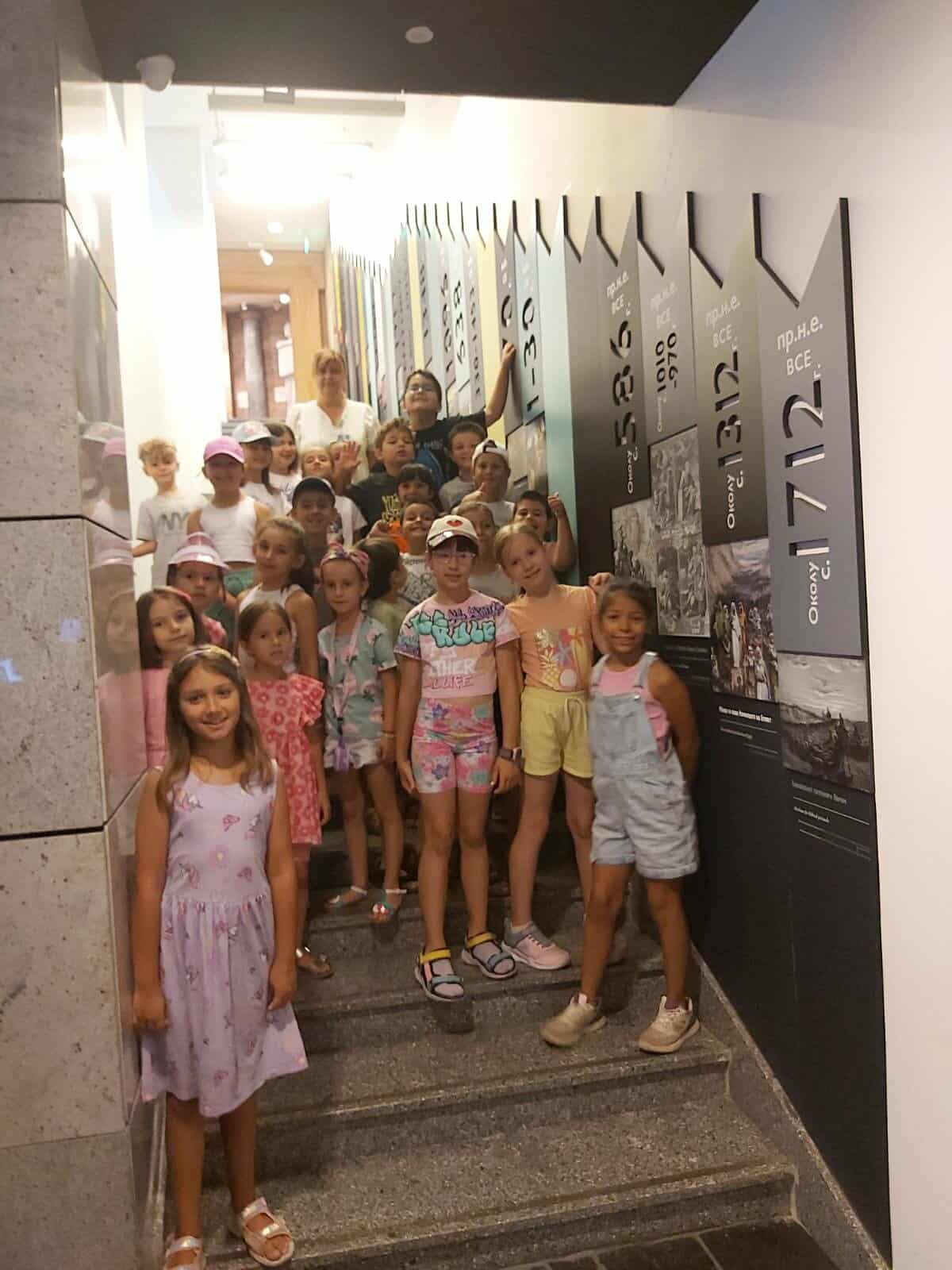AVRAM SADIKARIO
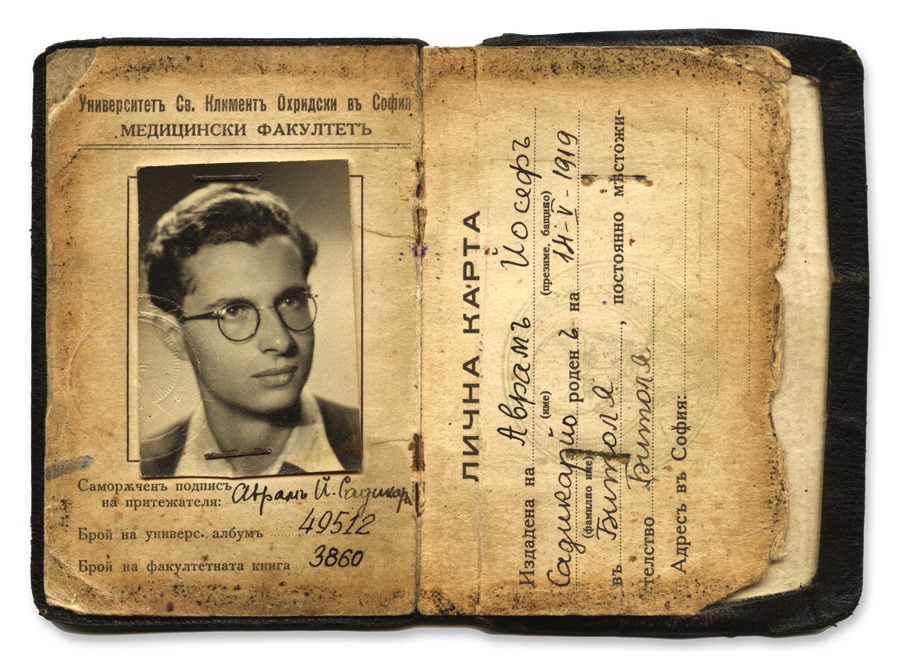
Avram Sadikario was born on 14 May 1919 and comes from a Bitola Jewish family of father Joseph and mother Vida Sadikario. He was one of seven children in the Sadicario family. His brother is Salamon Sadikario - Mo. His father, Joseph, had a religious education and worked as a tanner, while his mother Vida was a housewife. He completed primary and secondary education in his native Bitola.
As early as 1937, as a gymnasium student, he became interested in the communist ideas and, together with his two brothers, became a member of the Communist Youth Union of Yugoslavia (SKOJ). They were involved in the dissemination literature and organized courses in political economy.
In 1938 he began his medical studies in Belgrade and remained there until the attack against the Kingdom of Yugoslavia in 1941, when he returned to his native Bitola. During his stay in Belgrade as a student, he took part in several actions and protests organized by the Communist Party of Yugoslavia, including the large demonstrations in Belgrade that were opposing the pact with Nazi Germany.
After returning to Bitola, he was accepted as an active member of the party and was involved in party activities. Together with Viktor Pardo and Moritz Shami they were members of a party cell - organized group of the Communist Party. He was also the organizer of another party cell that included Nisim Alba-Miki, Marcel Demajo and Simo Calderon, and they organized subgroups and support groups. With these activities intended to gain and amass the membership, they managed to win the sympathy of almost all members of the Jewish organization "Tehelet Lavan", as well as the organization "Hashomer Hacair" – both from Bitola. Thus, among the Jews of Bitola there were about 600 Jewish youths who were involved in the resistance movement. That same year, a cell in which Avram was a member was busted, and his comrades Moritz Shami and Victor Pardo were arrested. Avram was not found, but due to the circumstances he had to go underground.
During the deportation of Jews from Macedonia in March 1943, Avram was found in Sofia, where he was taking his brother for a medical examination. During the same period, the busting of the party structure in Bitola was the reason for Avram to stay illegally in Sofia during which he stayed illegally with a Jewish family. After the internment of the Jews from Sofia to other cities across Bulgaria, in July 1943, Avram was forced to move with his family to the town of Pleven, where they were first placed in a camp and later after the camp was disbanded in the Jewish ghetto in the city. There he was placed together with three other Jewish illegal persons, with whom he took part in various actions. During his stay in Pleven on 7 September 1943, he and three other illegals took part in an operation to attack the prison and release the prisoners. This action was successfully carried out and the leadership of the Bulgarian and Macedonian Communist Party led by Trajcho Kostov and Lazar Kolishevski was freed. In Pleven, he also took part in the operation to arrest the former police fascist agents, with whom they had an armed fight.
At the end of 1944 he returned to Sofia where he continued his medical studies and after graduating in 1945 he returned to Macedonia and worked as a pediatrician at the Children Clinic and professor at the Medical Faculty in Skopje until his retirement in 1984. He was married to Zhamila Kolonomos, with whom he has a son – Samuel Sadikario.
Avram Sadikario was also a corresponding member of the French Academy of Medical Sciences, and was awarded the Order of Merit for the People and the Order of Brotherhood and Unity of the First Order. During his professional career, Avram Sadikario published about 300 scientific papers, was involved in preparation of many textbooks in pediatrics, especially in the area of hematology. In addition to his career, Sadikario left his mark in the literature by publishing eight books of poetry, three of which were on Jewish themes:
Neither cry nor solitude (poetry, 1973)
Eyes and roots (poetry, 1974)
Burnt summer (poetry, 1975)
Views and bells (poetry, 1977)
Hanilea (poetry, 1985)
Silenced Justice (poetry, 1987)
Calls from Beyond (poetry, 1995)
The days of slaughter (poetry, 1996)
He won award from the Union of Jewish Municipalities of Yugoslavia for his poetry collection "Three Thousand Years of Jerusalem".
He was an active mountaineer and nature lover.
He died in Skopje in August 2007.
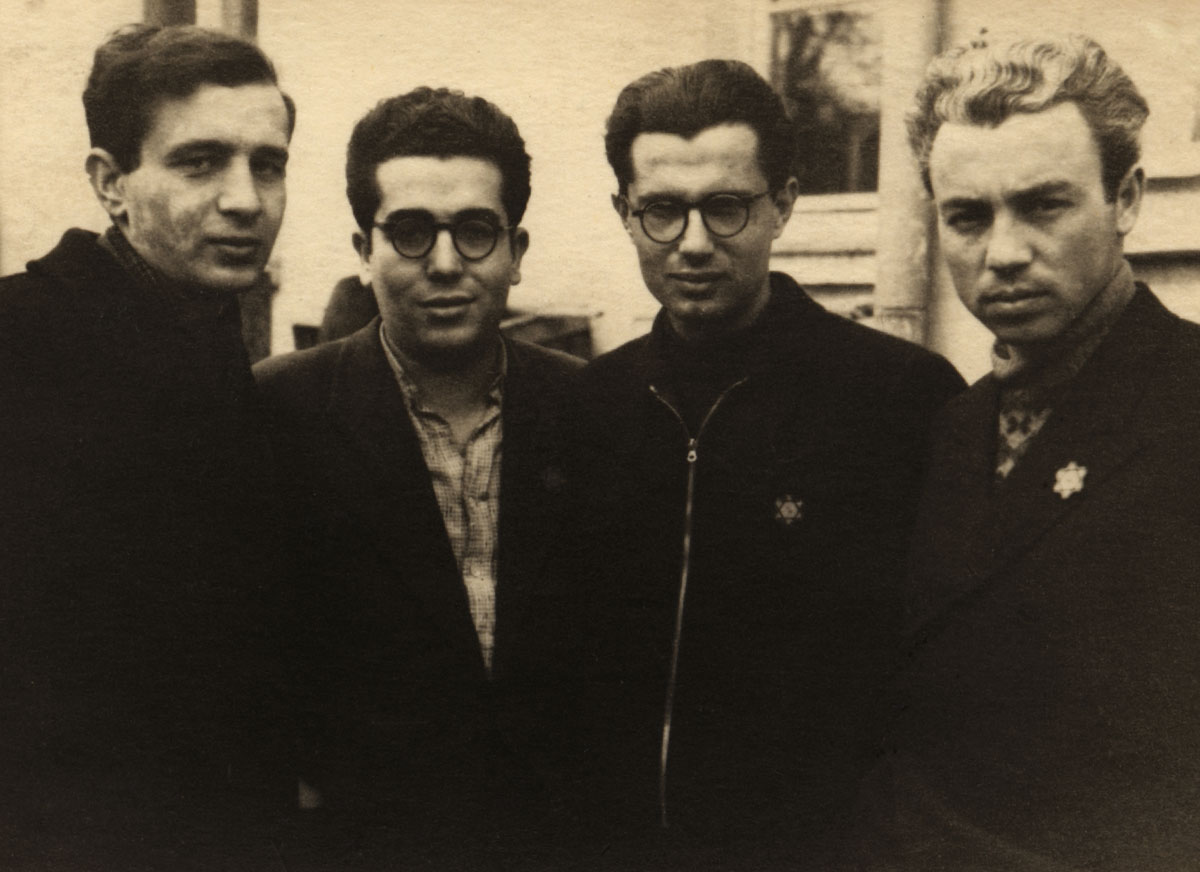
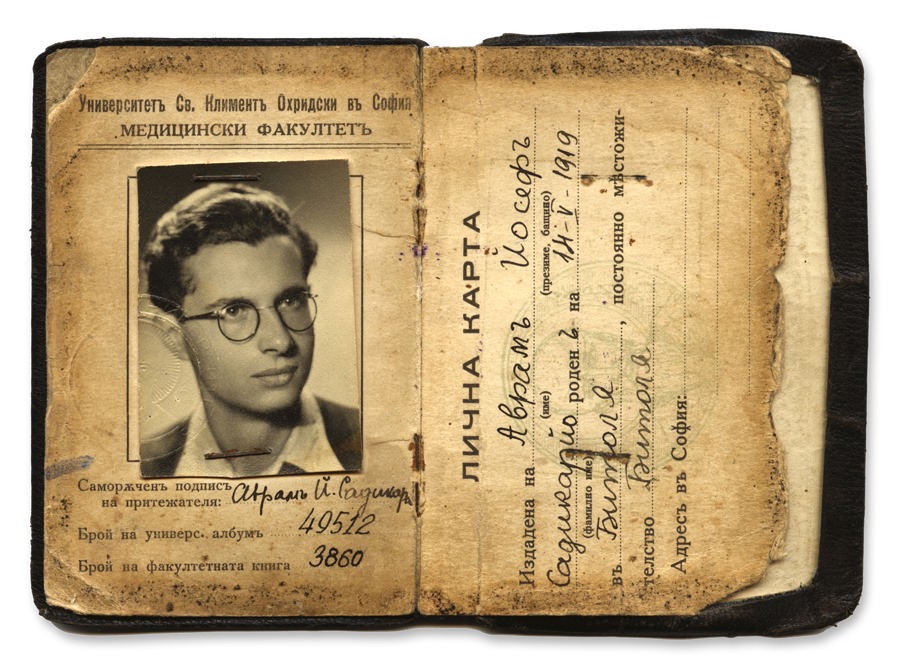
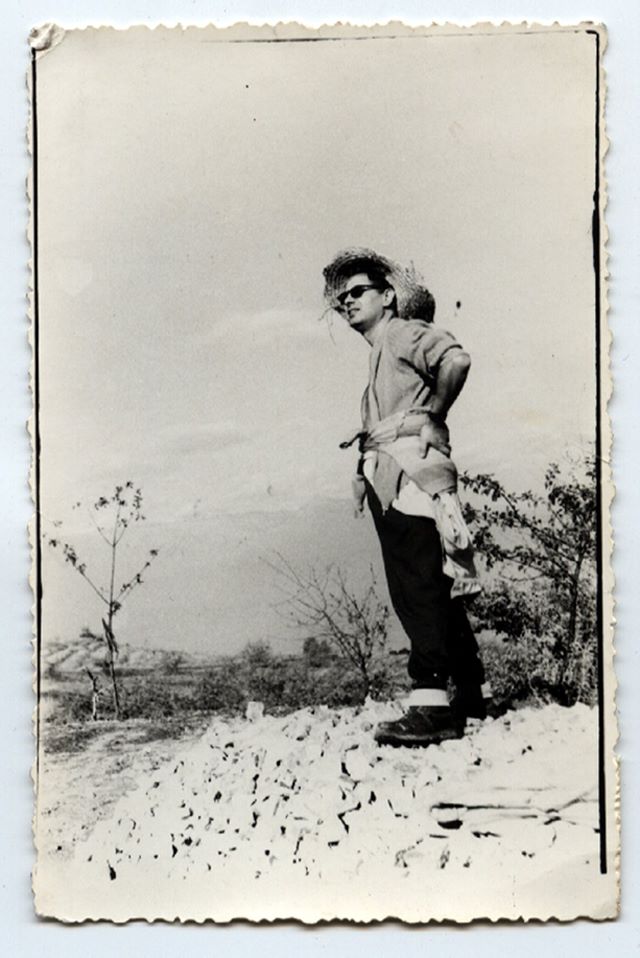
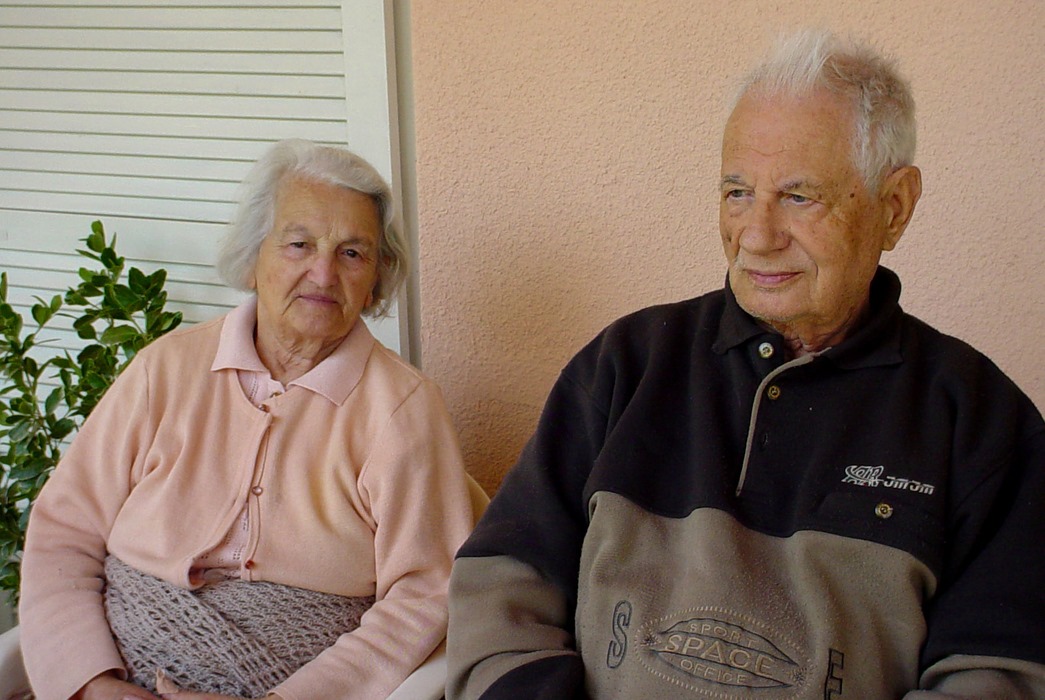
Share: << Back
Any help from you is more than welcome.
Donate to continue with the successful work and education


